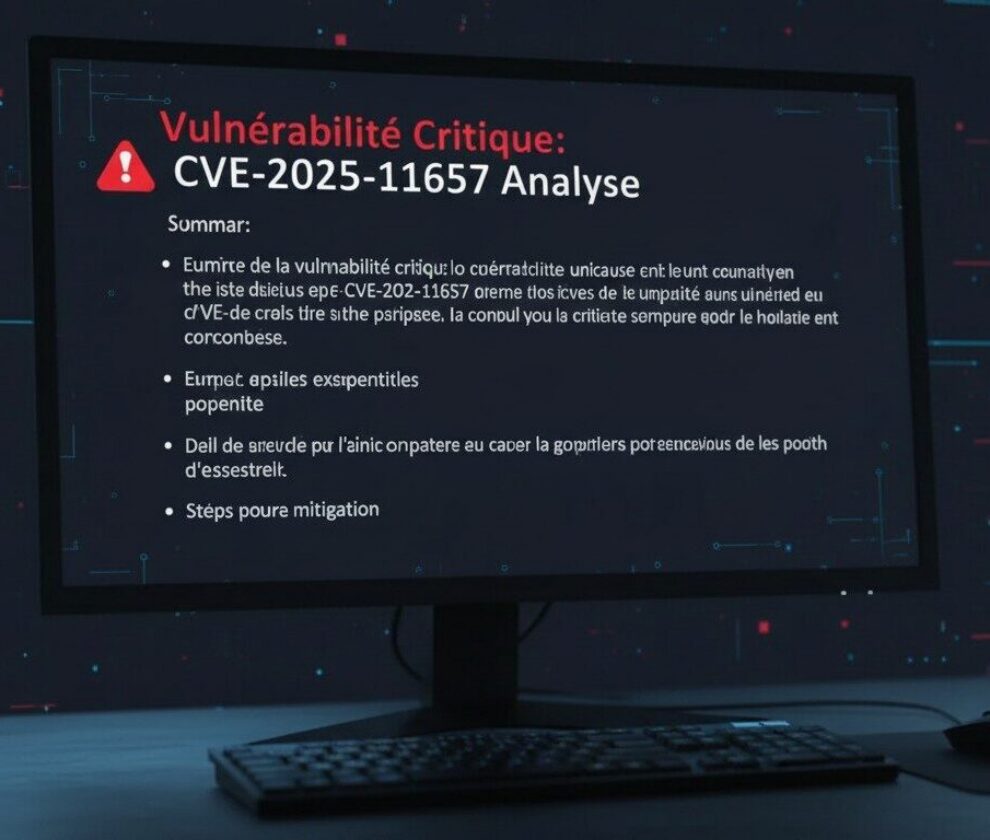On October 20, 2025, the French National Assembly, the lower chamber of France’s Parliament, became the target of a significant data breach. Allegedly orchestrated by a malicious actor, the breach was publicized on a dark web forum with a sample dataset of 100 records shared as proof. This incident raises grave concerns about the protection of sensitive information within government institutions and highlights systemic vulnerabilities in safeguarding digital assets.
Impact of the Data Breach
Early reports indicate that the compromised data includes both personal and professional details such as full names, genders, departmental identification, constituencies, personal and official email addresses, and political group affiliations. These highly sensitive details, if exploited, pose severe risks of fraud, identity theft, or targeted political manipulation.
The exposure of such information can create significant problems not only for the individuals affected but also for the integrity of political governance. The leaked data may serve as a tool for blackmail, political exploitation, or broader cyber-attacks targeting government agencies.
Digital Vulnerabilities in Government Institutions
This breach starkly exposes the digital weaknesses inherent in the IT infrastructures of public institutions in France. While the European Union enforces strict data protection measures under the GDPR (General Data Protection Regulation), this incident confirms that even key governmental players are not immune to cyber threats.
Inadequate attention to cybersecurity mechanisms, outdated software, and human error are just some of the factors that can render institutions vulnerable to such attacks. A comprehensive overhaul of governmental cybersecurity protocols is necessary to address these lingering vulnerabilities.
Legal and Ethical Consequences
In France, entities—including public institutions—that collect and process personal data are legally obligated to comply with GDPR guidelines. A breach of this scale mandates a thorough investigation to identify the technological and human flaws that were exploited by the attackers.
Organizations found to be negligent face the risk of sanctions from CNIL, the French Data Protection Authority, alongside reputational damage. Public trust, once eroded, is challenging to rebuild, placing significant pressure on institutions to prioritize data protection.
Preventing Future Breaches
Proactive and rigorous measures are indispensable to safeguard against future data breaches. Here are some critical strategies:
- Regular IT Security Audits: Conducting frequent assessments to identify and address vulnerabilities is crucial.
- Employee Training: Raising awareness among staff about cybersecurity best practices reduces the risk of human error.
- Encryption of Sensitive Data: Strong encryption protocols ensure data remains protected even if accessed unlawfully.
- Incident Response Planning: A comprehensive action plan ensures swift and efficient management of breaches to mitigate potential harm.
Similar Cases of Data Breaches
This is not an isolated incident involving a governmental institution. In 2022, several European countries reported cyberattacks that compromised the personal data of millions. These cases underscore a growing trend of sophisticated attacks targeting high-profile organizations and underline the need for stronger antivirus and cyber defense mechanisms.
Conclusion
The data breach affecting the French National Assembly is a stark reminder of the persistent threats facing government institutions today. This incident highlights the urgent necessity for enhanced cybersecurity measures across all branches of governance.
At My Own Detective, we specialize in risk analysis and strategic intelligence to empower organizations to proactively counter cyber threats. Ensuring the robust protection of sensitive data isn’t just a recommendation; it is a necessity in today’s interconnected world. By adopting stringent security protocols, organizations can significantly reduce their exposure to such detrimental incidents.


